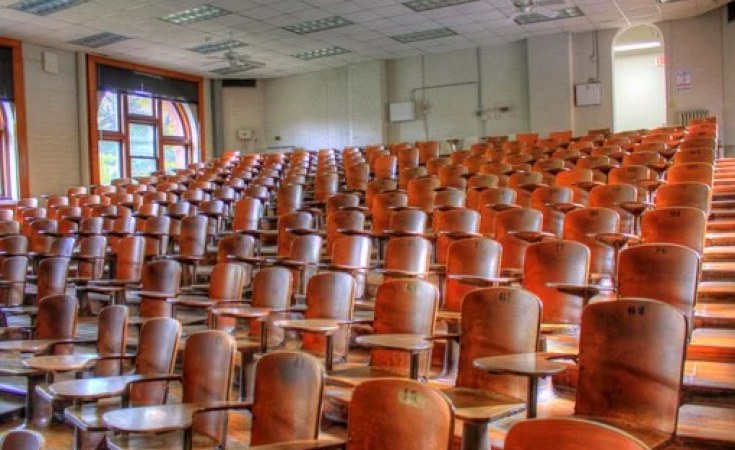One thing that is synonymous with public universities in Nigeria is strikes. Since 1999, the public university system has lost about 57 cumulative months to industrial action. This always comes about as a result of under-funding. Lecturers' unions have called for the revitalisation of the sector and wage increases.
The Conversation Africa has featured several analyses of the topic by academic experts.
A former vice-chancellor and professor of history, Ayo Olukoju, highlighted the winners and losers of the strikes and suggested a way forward for Nigeria's public universities.
Read more: Nigeria's university strikes: winners, losers and ways forward
The latest strike by lecturers, which started on 14 February 2022, is the 17th in 23 years. The National Executive Council of the Academic Staff Union of Universities, an umbrella body of lecturers in Nigeria, declared the strike as an "indefinite action". Council member Dele Ashiru explained what this meant and what the government would have to do for the strike to be called off.
Read more: 17 strikes in 23 years: a unionist explains why Nigeria’s university lecturers won’t back down
Incredibly, amid this strike, Nigeria's parliament is mulling the idea of creating 63 new public institutions of higher education. An education management expert and lecturer at the University of Ibadan, Eragbai Jerome Isuku, examined the proposition and the reasons it's been put forward. He concluded that Nigeria, for now, did not need any new universities because existing ones were underfunded.
Read more: New universities in Nigeria? Absolutely not


